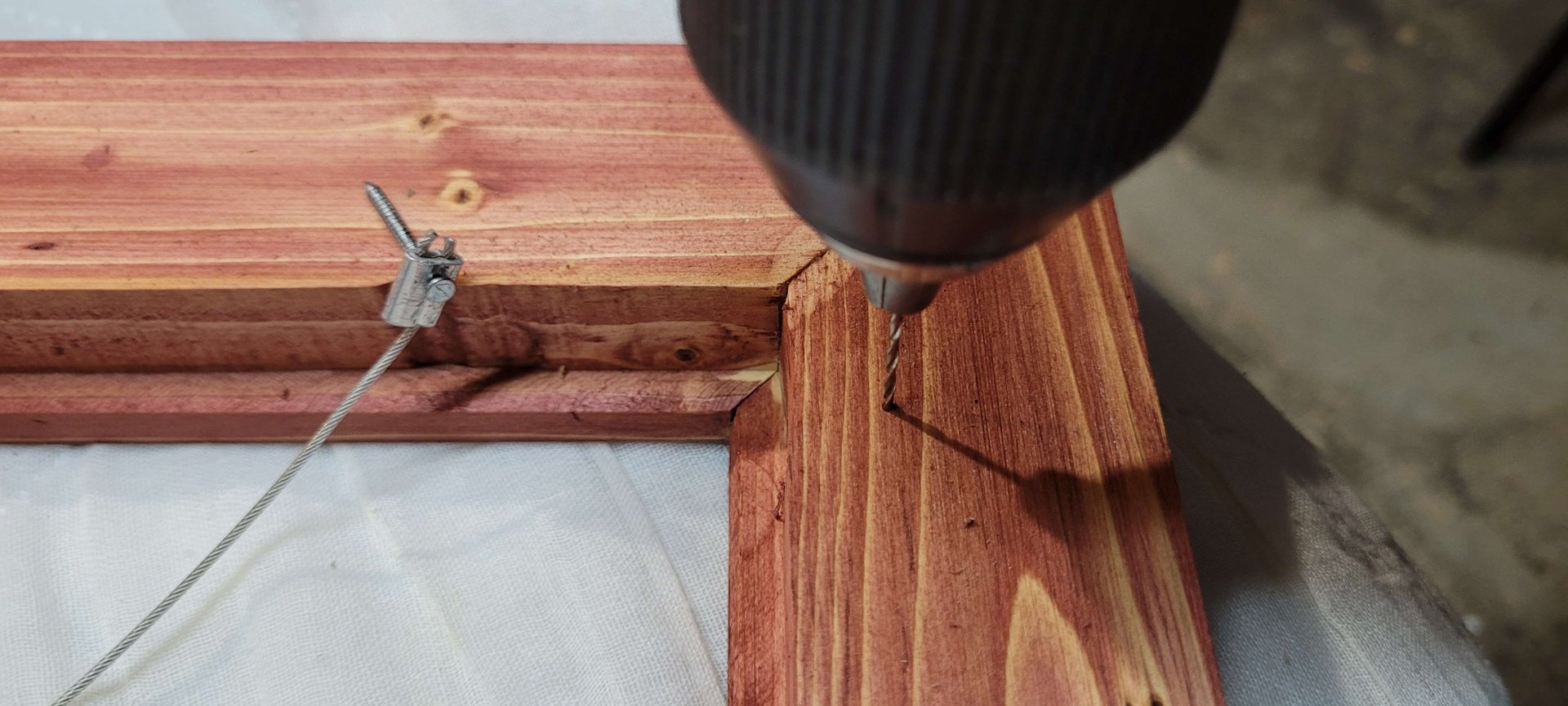

Throwing in a little odd advice for the secondhand scene - even if the shops are bad, I’ve had some good luck with estate sales and cleanouts (where a family or realtor basically opens the home to anyone who’ll cary stuff away and save them the trouble and cost of throwing it out). It can feel kinda bad, picking through stuff in that context, but we’ve saved a bunch of nice old tools and kitchen stuff that way, and the houses generally have everything else you might need for a house. Personally I think the best BIFL stuff is old and made before they really perfected enshitifying their products.
The cleanouts I’ve been to we found through postings on our local free groups (which I also really recommend) or word of mouth, but I used to know some folks who went to them professionally, looking for merchandise for their own businesses, so they must be advertised somewhere normal people would find them too.











No worries! And good luck!